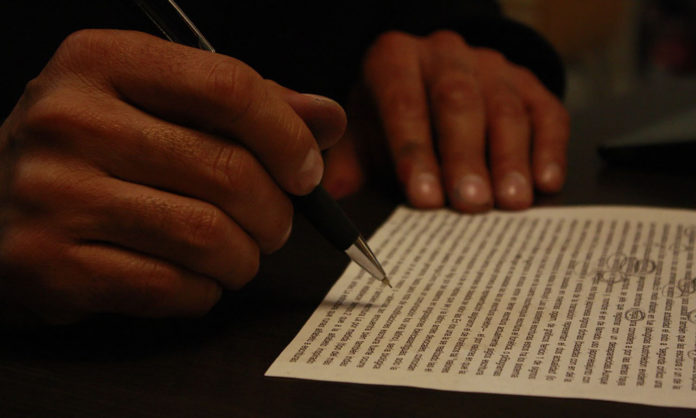
In a guest post on C.S. Lakin’s blog, E.M. Foster says that even though “good” writing is subjective, there are still ways we can consider ourselves good writers. “Mastering techniques and finding your own style may point to good writing, but in the meantime, while a writer is learning, there are different ways to tell that someone is practicing the art of becoming a good writer,” Foster says.
The only “bad” writer is one who makes choices that prevent them from developing their craft. But how do you know if you’re “good”? Foster suggests some ways:
- Good Writers Know Their Strengths and Weaknesses. Being willing to learn and improve is key. “If you’re struggling to gain confidence in yourself, know that the reason could be because you mainly see your mistakes and you don’t already see how you have been getting better,” Foster says. “Bad writers do the opposite.” Good writers also recognize their strengths and acknowledge when they’re improving. Bad writers give up at the first sign of trouble or ignore feedback.
- Good Writers See Their Progress. “While good writers look over their mistakes and figure out how to fix them, they also don’t dwell on their mistakes overly much,” Foster writes. “Instead, they look at how they’ve progressed as they continue in their writing careers. They see marked improvement because they are, in fact, heading in the right direction.”
- Good Writers Don’t Give Up. “Good writers become good writers because they don’t give up,” Foster says. “They don’t let the obstacles they face or the self-doubt or the mistakes they make give them a reason to give up, and that is partly what makes them good.”











